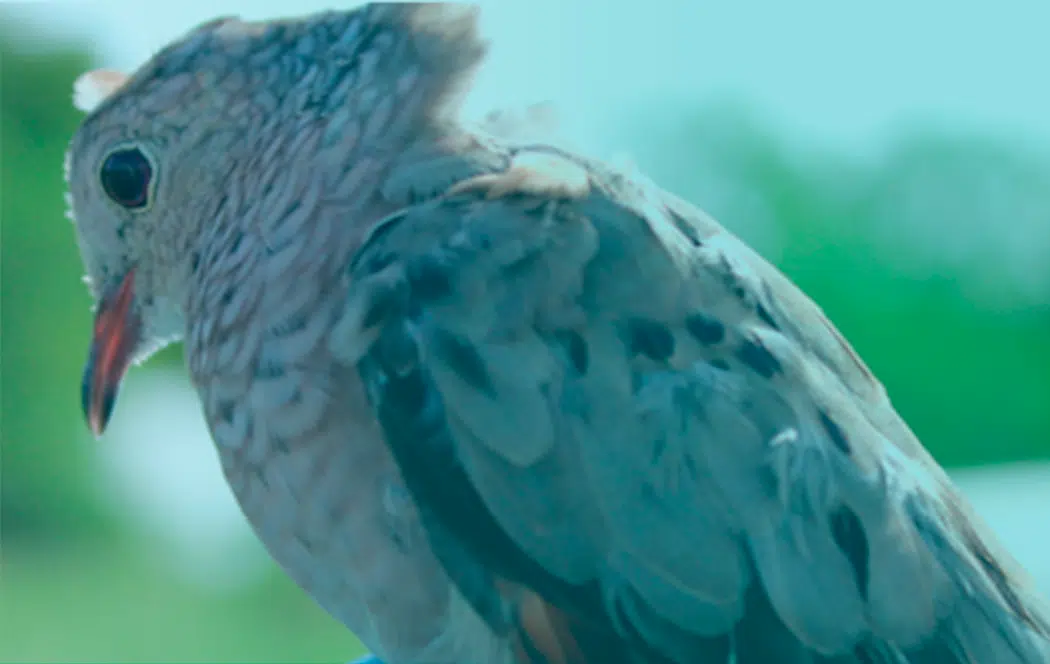He is part of the National Research and Incidence in Virology Program of the National Strategic Health Program (PRONACES-Health). The objective of this project is to characterize the link between host diversity (humans, birds, rodents, bats), vectors (mosquitoes), and virus communities (flaviviruses) in different productive, economic, and cultural scenarios in the Yucatan Peninsula. We seek to identify how different socio-ecosystems modify the ecological and evolutionary dynamics between hosts, vectors, and viruses, and how these changes are reflected in epidemics in the human population. Using flaviviruses as a study model, we will empirically evaluate the interaction networks between birds, rodents, and mosquitoes in conserved, fragmented, and different types of land use landscapes. We will measure the functional, genetic, and phylogenetic diversity of associated hosts, vectors, and flaviviruses to identify possible risk scenarios. This project will identify points of action in biological conservation, public health, agricultural production, and land use, as well as formulate action strategies and public policies to promote biological conservation and health at different levels. To achieve these objectives, a systematic collaboration network has been established between national and international institutions, as well as the training of students and professionals experts in different fields. Finally, the creation of a collaboration and reference center in Ecohealth/One Health will be encouraged on the UNAM-Mérida campus in Yucatan.
Fundings: Proyectos Nacionales de Investigación e incidencia (PRONAII); National Council of Science and Technology (CONACYT).
Director: Gerardo Suzán.
Participating countries: México, France, Germany, Belgium and The United States.
Duration: 2020 – 2025








